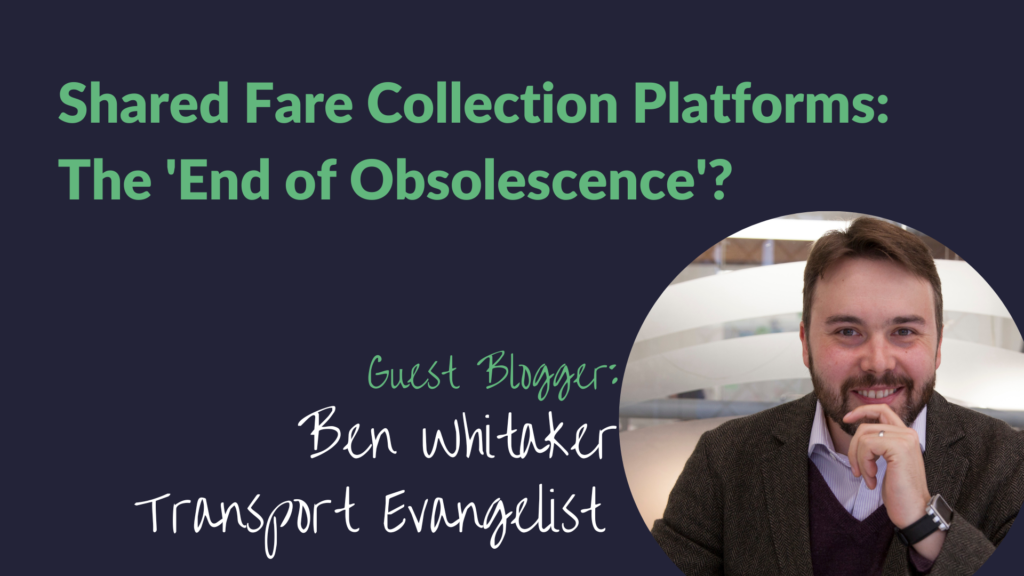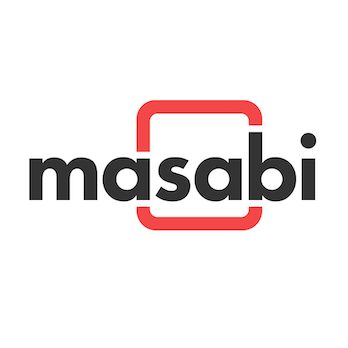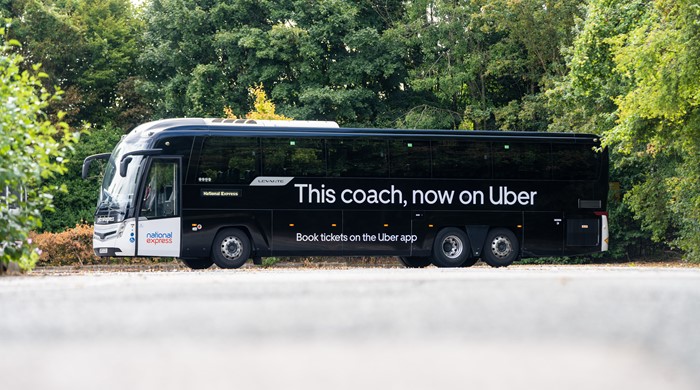Do Shared Fare Collection Platforms With Continuous Updates Herald The ‘End of Obsolescence’?
Bespoke fare collection systems have a finite lifespan and are struggling to keep pace with the increased complexity and expectations of modern ticket sales for cities. The solution to inbuilt obsolescence is to pool expertise, re-use what has already been debugged and share a core platform to future-proof fare collection.
When a fare collection system is procured and deployed based on a rigid bespoke specification, it often results in the DBOM (Design, Build, Operate, Maintain) process where a one-off combination of software and hardware is created to satisfy the requirements.

Once deployed and debugged, DBOM fare collection systems have a finite lifespan – after which their software code and hardware become commercially impractical to operate or update further. We call this the ‘decay’ phase – normally entered 5-10 years after procurement. The process of replacement is often fraught with risk, disruption and mounting costs.
Shared platforms, which enable the delivery of FPaaS (Fare Payments as a Service), allow an agency to avoid the up-front cost and risk of creating a more complex fare collection system with all of the additional modern channels expected: (cEMV, ABT, Fare Capping, mTicketing, retail network sales, cash digitization, MaaS partnerships, and more). They also give transit agencies the opportunity to move away from managing in-built obsolescence forever.
Because shared platforms are updated continuously and have major new features added as the market adopts them, there is no reason why they would need replacing within any given timeframe.
This allows a city’s transit agency to choose when to update or change their fare collection system – rather than having the decision forced upon them periodically. It also removes the onus on the agency to future-proof their solutions at the time of procurement, instead letting the shared platform adapt to changing technology and public expectations as these emerge.
In 2018, the NEORide partnership operating across Michigan, Ohio and Kentucky procured via RFP a mobile ticketing platform for five agencies branded as EZfare. Their initial deployment was for mTicketing using visual validation flash-passes checked by bus drivers. NEORide selected a shared fare collection platform instead of a dedicated private-instance fare collection system, enabling the network to increase from 5 to 15 agencies and deploy the following optional updates over the following years:
2019/2020: MaaS Partner App Sales Channels
EZfare wanted to take advantage of globally available apps that passengers and visitors already installed. Their platform’s SDK (software development kit) was already installed in Uber, Transit App and Moovit, which they turned on as sales options.
2020: Hardware Validation
Most agencies elected to add validation hardware onto their buses to scan mobile tickets automatically. Over time, the platform gradually adopts new hardware options to replace obsolete hardware, ensuring that agencies using the shared platform always have fresh device options to purchase for rolling wear-and-tear replacement or fleet expansion.
2021: SVA (Stored Value Accounts) and Cash Digitization via National Retail Networks
Even though 95% of riders reported having a smartphone, 15% didn’t have bank cards and credit cards for pre-purchasing tickets, so to ensure equity and access without requiring networks of TVM’s that are expensive to purchase and service, the platform is integrated with national bill payments networks like InComm Payments, so that tickets and cash top-ups can be performed at leading retail stores throughout the country.
2022/2023: ABT (Account Based Ticketing) and Smartcards
Keeping up with the latest trends in fare collection and moving away from pre-purchased and pre-chosen fares, the shared platform added support for Account Based Ticketing, enabling multiple physical token types, including student ID cards, mobile phones and smartcards, and to improve equity for riders through fare capping.
2022/2023: TVM (Ticket Vending Machines) Option
Two agencies using EZfare are now adding TVM’s connected to the API’s from the shared platform.
….2023 and Onwards: The platform is adding contactless ‘tap and ride’ (cEMV) payments and will follow with whatever new technologies establish themselves in the transit world.
Under a traditional DBOM private instance fare collection approach, achieving the same uplift in functionality, would have obliged NEORide to write a detailed specification for each complex new piece of functionality as a change order
In so doing, the agency assumes the design risk of getting every aspect of the specification right: from customer journey and payments processing to fraud handling and integration with existing systems. Any mistake or oversight in the specification would render the result not fit-for-purpose and NEORide would have to pay for extra development work to get it right.
In contrast, by making use of new functions on the shared platform NEORide can take advantage of functionality that has been designed, developed and debugged already, and proven fit for purpose in other deployments. NEORide can even use results from other agencies to help decide which features to enable and learn lessons on how best to configure and launch new features.
NEORide didn’t have to predict any of these requirements back in 2018 when they procured the platform, and the new reality is that in 10 years’ time the platform will still be up to date and getting upgrades on a regular basis.
So the new question transit agencies should be asking is this: will a popular shared platform ever become obsolete and if not, how would an agency justify procuring a bespoke solution that wouldn’t offer these benefits?
This article was originally published by Masabi.



